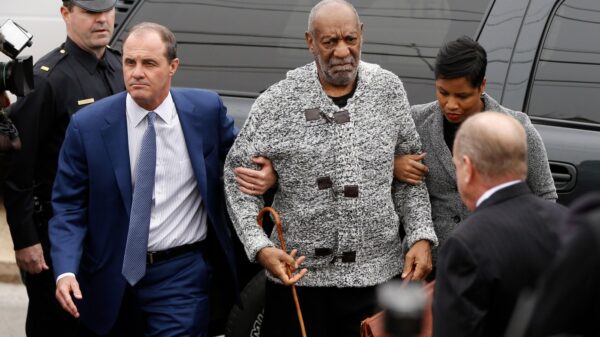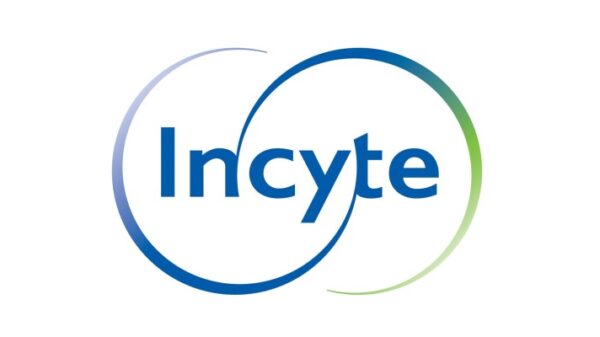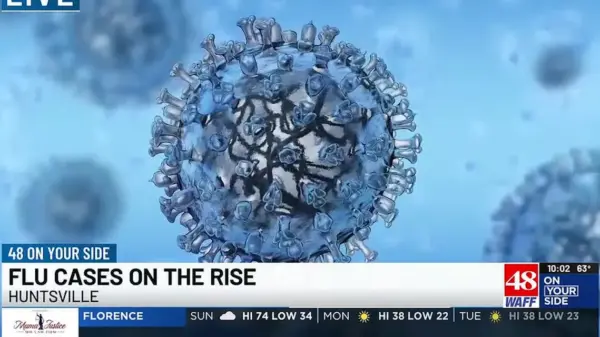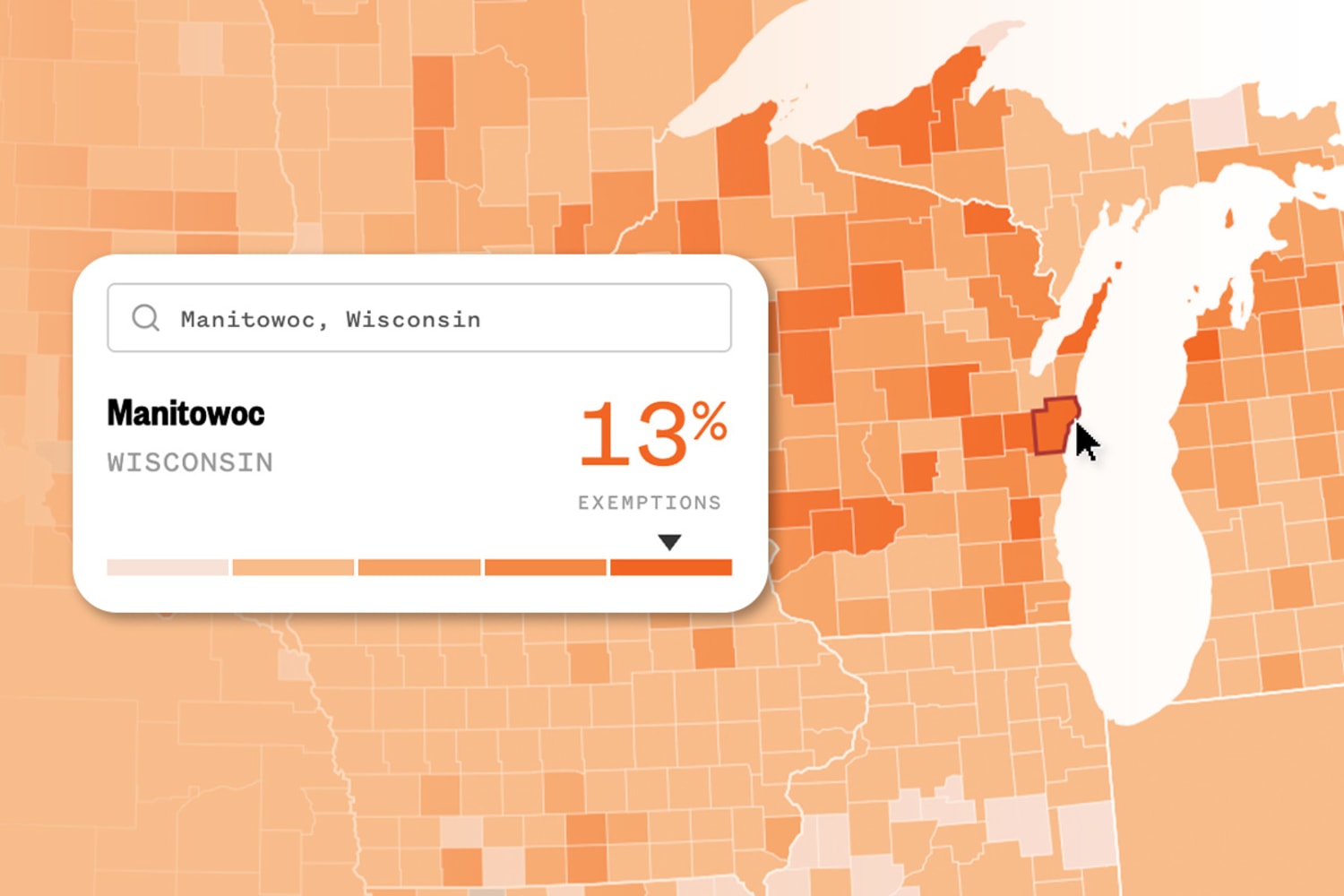Childhood vaccination rates are experiencing a notable decline across various communities in the United States. An investigation conducted by NBC News has revealed that vaccination percentages have fallen significantly, with many state health departments either failing to track this data or not tabulating it accurately. This analysis encompasses data from more than 3,000 counties and highlights the urgent need for improved public health efforts.
The investigation uncovered that certain regions are witnessing particularly steep declines in vaccination rates. The data indicates a worrying trend, as many parents are opting against vaccinating their children, which could lead to increased vulnerability to preventable diseases. State health departments play a crucial role in monitoring vaccination rates, yet the findings suggest that gaps in data collection are contributing to a lack of awareness about the severity of the situation in various communities.
Impacts of Declining Vaccination Rates
The consequences of declining vaccination rates extend beyond individual health. Public health experts warn that lower immunization levels can lead to outbreaks of diseases that were once under control. For example, diseases like measles and whooping cough could resurface, posing a significant risk to children and vulnerable populations.
In some states, vaccination rates have dipped below the 95% threshold needed for herd immunity, raising alarms among health officials. This is particularly concerning for regions with lower socioeconomic status, where access to healthcare resources may already be limited. The ripple effects of these declines could strain public health systems and increase healthcare costs in the long run.
In light of these findings, public health advocates are calling for increased awareness and education around the importance of vaccinations. They emphasize the need for communities to engage in open conversations about vaccine safety and efficacy to reverse the trend of declining rates.
Addressing the Data Gaps
To combat the issue effectively, it is essential to address the gaps in data collection and reporting among state health departments. The investigation by NBC News highlighted that many jurisdictions lack comprehensive tracking methods for vaccination data. This lack of transparency makes it challenging for health officials to allocate resources and implement targeted interventions.
Efforts are underway in several states to enhance data collection methods. Initiatives aim to standardize reporting practices and improve communication between healthcare providers and state health departments. By establishing a more robust data framework, public health officials can better understand vaccination trends and respond proactively.
As communities grapple with declining vaccination rates, the need for collaboration between health authorities, healthcare providers, and families becomes increasingly vital. Public health campaigns focused on education and accessibility can empower parents to make informed decisions regarding their children’s health.
The findings from the NBC News investigation serve as a crucial reminder of the importance of vaccinations in safeguarding public health. With concerted efforts, communities can work towards reversing the downward trend and ensuring that children receive the protection they need against preventable diseases.







































































